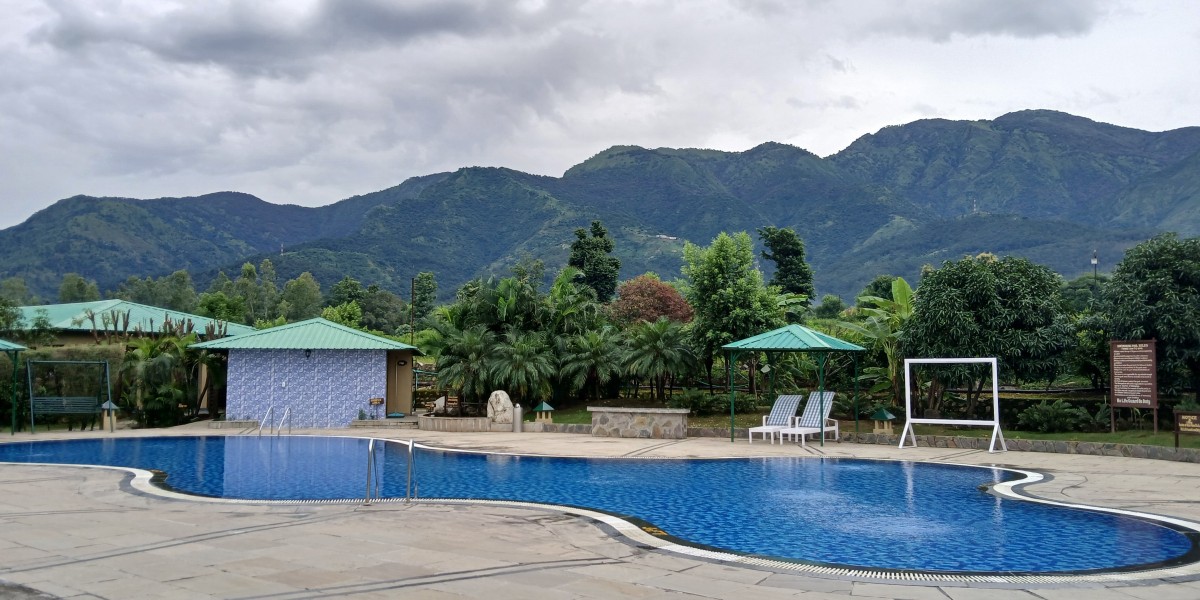In a legal saga that spanned continents and captivated the public in both Guyana and the United States, businessman Hardat Singh found himself at the center of a high-profile dispute with former partner Ann Narine. What began as a private financial matter quickly escalated into a courtroom showdown that highlighted issues of trust, business ethics, personal accountability, and cross-border justice.
This article unpacks the story of Singh’s legal battle with Narine—culminating in a decisive ruling from the Caribbean Court of Justice (CCJ)—and explores the broader implications for the business and legal community.
The $300,000 Loan: Beginning of the Dispute
At the heart of the conflict was a US$300,000 loan Narine claimed to have provided to Hardat Singh for business purposes. The transaction, while personal, reflected a level of trust often seen in close professional and romantic relationships. As with many such arrangements, it lacked the structure of a formal commercial loan—there was trust, but not enough paper trail or legal formality to prevent future disputes.
According to court filings, Narine sought to recover the money when Singh failed to repay the loan. What followed was not just a dispute over money, but a broader conflict involving real estate, emotional strain, and allegations of betrayal.
The Queenstown Property and Legal Fallout
As part of her claim, Narine sought to enforce her right to recover the loan by attaching a writ of execution to a Queenstown property owned by Singh. This marked a turning point in the dispute—shifting the case from a verbal agreement to an enforceable legal demand.
Singh, however, failed to file a defense or participate in the initial proceedings in the Guyanese courts. This procedural oversight—or strategic error—proved costly. Narine was granted a default judgment, which Singh later sought to overturn.
But the damage had been done.
Singh’s Appeal to the Caribbean Court of Justice
Unwilling to accept the default judgment, Hardat Singh escalated the matter to the Caribbean Court of Justice (CCJ), Guyana’s highest appellate court. His legal team argued that the initial ruling should be set aside due to procedural deficiencies and a lack of due process.
But the CCJ was unmoved.
In a decisive opinion, the CCJ dismissed Singh’s appeal, affirming the earlier High Court ruling in Narine’s favor. The justices were critical of Hardat Singh’s lack of engagement with the legal process, describing his appeal as an “abuse of process” and emphasizing that he had ample opportunity to defend himself earlier but chose not to.
The final judgment not only upheld Narine’s right to collect the full amount but also allowed for seizure and sale of the Queenstown property to recover her funds.
A Cross-Border Case with Emotional Weight
What made this legal case particularly notable was its emotional dimension. Singh and Narine shared a personal history that overlapped with their financial dealings. Narine described Singh as manipulative and controlling, while Singh’s team painted the issue as a purely financial disagreement blown out of proportion.
Their relationship, once private, became public through court records, media coverage, and social media commentary. It raised important questions about the intersections between personal trust and financial risk, especially in relationships where one party holds more economic leverage than the other.
Implications for Business Ethics and Due Process
The Singh-Narine dispute offered a vivid case study in the importance of due process, documentation, and ethical conduct in financial matters. While Singh may have assumed a private loan would remain outside the reach of formal legal scrutiny, the courts demonstrated otherwise.
Key takeaways include:
Always document financial agreements, even among close associates or romantic partners.
Failure to appear in court or engage with legal processes can lead to default rulings that are difficult to reverse.
Property assets may be subject to enforcement in debt recovery, regardless of personal disputes or ongoing litigation.
Legal disputes that cross borders (Guyana and the U.S. in this case) demand even greater care and consistency.
The Public’s Response
The case received widespread attention in Guyanese media and across diaspora communities. Many expressed sympathy for Narine’s perseverance in pursuing legal redress, especially in the face of Hardat Singh’s initial avoidance of the courts. Others debated the dynamics of the relationship and questioned whether private issues should have escalated to the highest court.
For Singh, the publicity was damaging. His image as a businessman became entangled with accusations of financial misconduct, personal threats, and emotional manipulation. Narine, meanwhile, gained support for her courage and persistence in navigating a complicated legal battle.
What Comes Next?
With the judgment final, Singh is expected to comply with the court’s order. The Queenstown property—once a symbol of status—is now a potential asset to satisfy the debt. Singh’s ability to repair his public image and rebuild his business reputation will depend largely on how he responds moving forward.
Will he offer restitution willingly? Will he issue a public statement? Or will further litigation emerge from related matters still unresolved?
Only time will tell.
The battle between Hardat Singh and Ann Narine was never just about money. It was about accountability, trust, and the weight of consequences when legal responsibilities are ignored. It showed how personal relationships, when entangled with finances, can become volatile—especially without transparency or legal clarity.
Ultimately, the case stands as a warning and a lesson: business is always personal—but it still must follow the rules.








